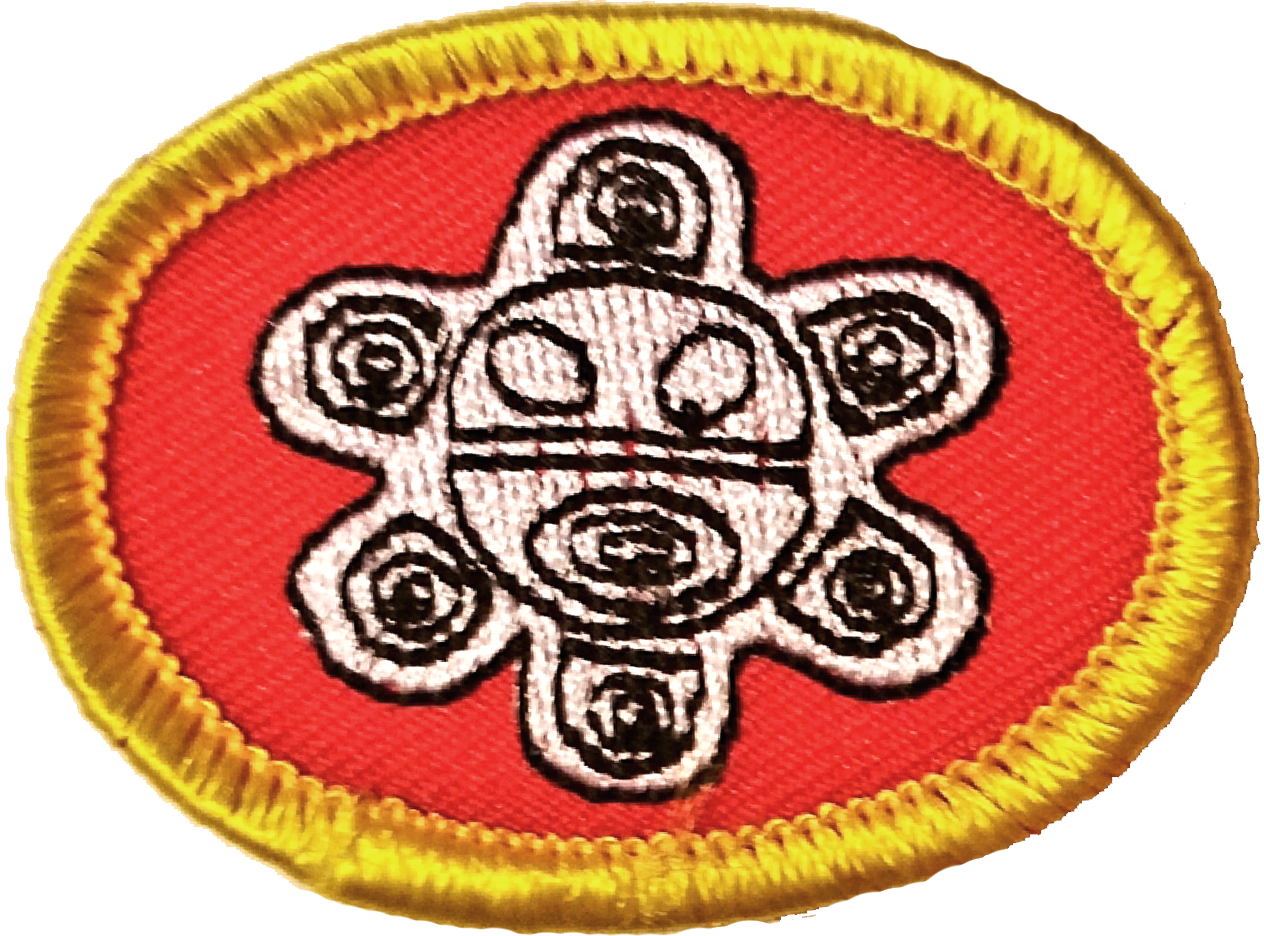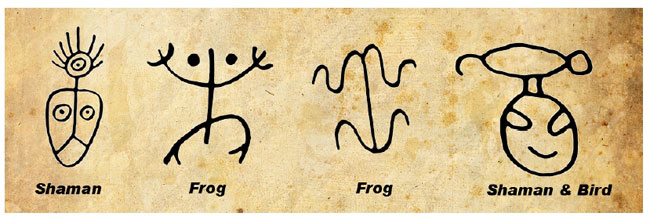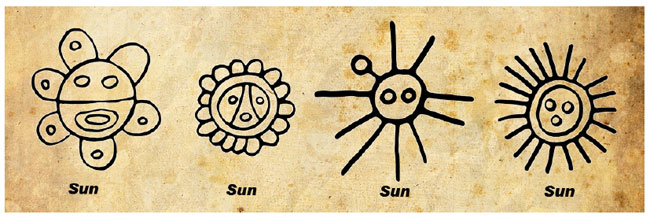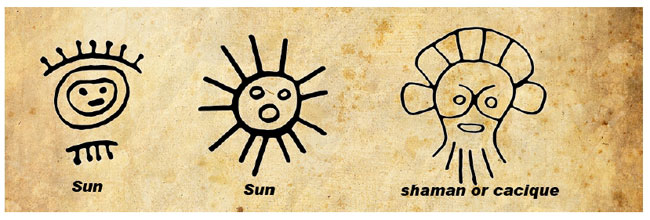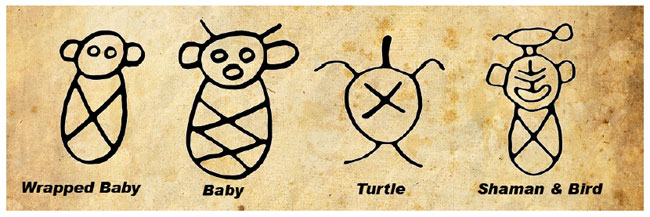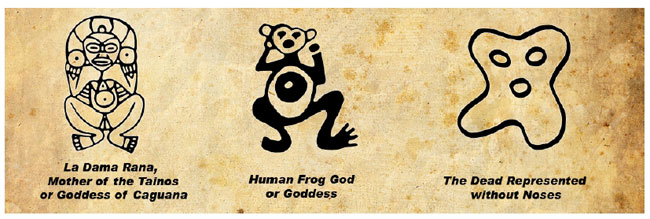Difference between revisions of "AY Honors/Taíno Culture/Answer Key/es"
(Created page with "<noinclude>") |
(Created page with "<noinclude>") |
||
| Line 104: | Line 104: | ||
<noinclude></noinclude> | <noinclude></noinclude> | ||
| − | + | Era la clase trabajadora. | |
| − | |||
| − | |||
| − | + | <noinclude></noinclude> | |
| − | <noinclude | ||
| − | |||
{{CloseReq}} <!-- 2l --> | {{CloseReq}} <!-- 2l --> | ||
{{ansreq|page={{#titleparts:{{PAGENAME}}|2|1}}|num=2m}} <!--T:32--> | {{ansreq|page={{#titleparts:{{PAGENAME}}|2|1}}|num=2m}} <!--T:32--> | ||
| − | <noinclude> | + | <noinclude></noinclude> |
| − | </noinclude | ||
| − | |||
| − | + | Guerras indígenas. | |
| − | |||
| − | |||
| − | + | <noinclude></noinclude> | |
| − | <noinclude | ||
| − | |||
{{CloseReq}} <!-- 2m --> | {{CloseReq}} <!-- 2m --> | ||
{{ansreq|page={{#titleparts:{{PAGENAME}}|2|1}}|num=2n}} <!--T:34--> | {{ansreq|page={{#titleparts:{{PAGENAME}}|2|1}}|num=2n}} <!--T:34--> | ||
| − | <noinclude> | + | <noinclude></noinclude> |
| − | </noinclude | ||
| − | |||
| − | + | Perro mudo. | |
| − | |||
| − | |||
| − | + | <noinclude></noinclude> | |
| − | <noinclude | ||
| − | |||
{{CloseReq}} <!-- 2n --> | {{CloseReq}} <!-- 2n --> | ||
{{ansreq|page={{#titleparts:{{PAGENAME}}|2|1}}|num=2o}} <!--T:36--> | {{ansreq|page={{#titleparts:{{PAGENAME}}|2|1}}|num=2o}} <!--T:36--> | ||
| − | <noinclude> | + | <noinclude></noinclude> |
| − | </noinclude | ||
| − | |||
| − | + | Significa “Los buenos”, es el nombre que se le da a la cultura indígena más reciente. | |
| − | |||
| − | |||
| − | + | <noinclude></noinclude> | |
| − | <noinclude | ||
| − | |||
{{CloseReq}} <!-- 2o --> | {{CloseReq}} <!-- 2o --> | ||
{{CloseReq}} <!-- 2 --> | {{CloseReq}} <!-- 2 --> | ||
{{ansreq|page={{#titleparts:{{PAGENAME}}|2|1}}|num=3}} | {{ansreq|page={{#titleparts:{{PAGENAME}}|2|1}}|num=3}} | ||
| − | <noinclude> | + | <noinclude></noinclude> |
| − | </noinclude> | + | <!-- 3. Mencionar 10 alimentos típicos de los taínos. --> |
| − | <!-- 3. | ||
| − | |||
| − | + | {| style="text-align: left; width: 400px" | |
| − | {| style="text-align: left; width: | ||
|- | |- | ||
| − | | ''' | + | | '''Hamaca''' || '''Macana''' || '''Juey''' || '''Batea''' || '''Barbacoa''' |
|- | |- | ||
| − | | ''' | + | | '''Cabuya''' || '''Güiro''' || '''Bohío''' || '''Camuy''' || '''Yuagua''' |
|- | |- | ||
| − | | ''' | + | | '''Yagua''' || '''Taíno''' || '''Batey''' || '''Canoa''' || '''Yuca''' |
|- | |- | ||
| − | | ''' | + | | '''Jíbaro''' || '''Tereque''' || '''Guarapo''' || '''Maraca''' || '''Guayo''' |
| + | |- | ||
| + | | '''Iguana''' || '''Sabana''' || '''Enagua''' || '''Chin''' | ||
|} | |} | ||
| − | |||
| − | + | <noinclude></noinclude> | |
| − | <noinclude | ||
| − | |||
{{CloseReq}} <!-- 3 --> | {{CloseReq}} <!-- 3 --> | ||
{{ansreq|page={{#titleparts:{{PAGENAME}}|2|1}}|num=4}} | {{ansreq|page={{#titleparts:{{PAGENAME}}|2|1}}|num=4}} | ||
Revision as of 02:41, 29 March 2021
Nivel de destreza
1
Año
2019
Version
21.02.2026
Autoridad de aprobación
Unión Puertorriqueña
1
1a
1b
Pueden visitar el Centro ceremonial indígena de Caguana en Utuado, el Centro ceremonial indígena de Tibes en Ponce, el Museo Indígena en el Parque de las Ciencias de Bayamón, el Museo de las Américas en el Cuartel de Ballajá en el Viejo San Juan, y otros que tengan una amplia representación de la cultura taína.
2
2a
Significa “los más antiguos” en referencia a los primeros indígenas que habitaron la isla de Puerto Rico hace cientos de años. Luego de los arcaicos se estableció la cultura taína.
2b
Nombre que se le daba a los pueblos.
2c
Jefe del yucayeque.
2d
La casa del cacique.
2e
Finca o área dedicada a la agricultura.
2f
Medallón o adorno especial que usaba el cacique sobre su pecho.
2g
Nombre de la planta de achiote usada para colorear.
2h
Pequeña falda de las taínas casadas.
2i
Fiesta religiosa del pueblo.
2j
Guerreros, clase distinguida con funciones de liderazgo.
2k
Sacerdote o cura.
2l
Era la clase trabajadora.
2m
Guerras indígenas.
2n
Perro mudo.
2o
Significa “Los buenos”, es el nombre que se le da a la cultura indígena más reciente.
3
| Hamaca | Macana | Juey | Batea | Barbacoa |
| Cabuya | Güiro | Bohío | Camuy | Yuagua |
| Yagua | Taíno | Batey | Canoa | Yuca |
| Jíbaro | Tereque | Guarapo | Maraca | Guayo |
| Iguana | Sabana | Enagua | Chin |
4
Some caciques were:
5
- Dark, elongated eyes
- Wide, flattened nose
- Copper-colored skin
- Short
- Stocky and well-built body.
- Straight, black hair
- They had no beard or mustache
6
A petroglyph is a drawing made in stone that represents the images of their gods or their beliefs. Below are some examples from the Taíno culture.
You can find more symbols here.
7
- Guayo: grater made of palms and stones to grate
- Burén: Large clay plate for cooking cassava
- Guariquitén: Clay container to knead the cassava
- Dujo: Throne or special seat of the caciques
8
- They believed in many gods, they were polytheists
- The ceremonies were conducted by a bohíque (priest or shaman)
- Its main god was "Yocahú", a protector god who lived in "turey" (heaven)
- They represented other minor gods through "zemis"
- In many of the "zemies" they placed pieces of bones of famous warriors or chieftains
- They believed in evil gods like "Juracán", god of the cyclone winds
- They believed that people got sick from the presence of evil spirits
- They believed in life after death; when someone died, they placed pots of water and food, and personal items on the grave, to use in the afterlife
- When the chief died, he was given a very special burial, and his favorite wife was buried alive next to the chief; this act was considered an honor
9
Review the beliefs and comment on them. It can enhance the reality that the concept of "god" has reached all parts of the world. Religious life is part of social and family life. When there are no noble guidelines and principles, religion takes human forms, full of superstitions as in indigenous cultures. Christianity is based on the love of God - The Creator, His mercy and forgiveness, and His hope in a new life. Many of these concepts are found in indigenous beliefs: hope, life after death, reward in the hereafter, and faith in rituals, among others.
10
In much of the Caribbean Spanish lingo, these words are still used:
| Hamaca | Macana | Juey | Batea | Barbacoa |
| Cabuya | Güiro | Bohío | Camuy | Yuagua |
| Yagua | Taíno | Batey | Canoa | Yuca |
| Jíbaro | Tereque | Guarapo | Maraca | Guayo |
| Iguana | Sabana | Enagua | Chin |


